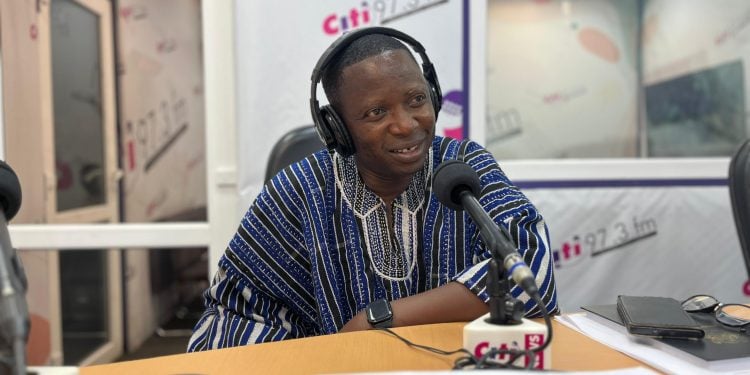The National Democratic Congress (NDC), Ghana’s primary opposition party, is scheduled to engage with the Electoral Commission (EC) on October 10 concerning the EC’s plan to begin printing ballot papers and notices of poll on October 11. This development follows an official announcement from the EC on October 9 that outlined the intended commencement of this printing process. The NDC has voiced significant reservations, stressing the need for detailed statistics regarding the printing procedures due to historical issues with excess ballot papers in previous elections. Such concerns have prompted the party to demand transparency from the EC, potentially impacting voter confidence in the electoral process.
The NDC’s Deputy Director of Elections and IT, Dr. Tanko Rashid Computer, articulated the party’s stance during an interview, emphasizing the necessity of receiving comprehensive information prior to the printing of ballot papers. Dr. Computer pointed out that the EC had previously committed to providing a revised provisional register, which is crucial for understanding voter demographics. However, as of the date of the interview, this register remained undisclosed, along with critical ballot statistics that depend on the voters’ code book. The absence of such data has raised fundamental questions about the legitimacy of proceeding with the ballot printing process.
Dr. Computer expressed confusion over the EC’s decision to move forward without these pivotal statistics, questioning the basis on which the ballot papers would be printed. He articulated the NDC’s intent to formally communicate their position to the EC, stressing that any printing of ballot papers should not proceed unless the party receives the necessary data. Furthermore, he mentioned that the NDC would not contest the printing of notices of poll, indicating a distinction between their concerns over ballot papers and their acceptance of the notices.
As tensions mount between the NDC and the EC, the outcome of the upcoming meeting could have significant ramifications for the electoral process in Ghana. The NDC’s insistence on obtaining accurate statistics reflects broader concerns about electoral integrity and the need for transparency in the democratic process. This situation poses a challenge for the EC, which faces scrutiny over its practices and the perceived credibility of its operations. Ensuring fair elections hinges on the EC addressing these concerns and maintaining open communication with political parties.
The NDC’s actions underscore a proactive approach in safeguarding their electoral interests and ensuring that any potential discrepancies are addressed preemptively. By demanding the requisite information, the party aims to mitigate risks associated with electoral malpractices. The insistence on accountability and transparency resonates with voters who are concerned about the credibility of future elections. The NDC’s strategic position could mobilize support from constituents who prioritize the integrity of the electoral process.
In conclusion, the impending meeting between the NDC and the EC represents a critical juncture in Ghana’s electoral landscape. The NDC’s engagement highlights the importance of transparency and accountability in electoral practices, vital for fostering trust among voters. With the NDC firmly asserting its position on the matter, it remains to be seen how the EC will respond and whether sufficient information will be provided to alleviate concerns surrounding the printing of ballot papers. The electoral commission’s actions in the coming days may significantly influence the political climate as the nation approaches election time, prompting voters and stakeholders to closely monitor developments.














